Solidarity and Mutual Aid in Modern and Contemporary Japan (1603-2020)
[講演会] Sophie BUHNIK (FRIJ-MFJ), Nobuo HARUNA (TUFS), François LACHAUD (EFEO), Guillaume LADMIRAL (FRIJ-MFJ), John PORTER (TUFS), Martin NOGUERA RAMOS (EFEO), Adrienne SALA (FRIJ-MFJ), Bernard THOMANN (FRIJ-MFJ), Tsutomu TOMOTSUNE (TUFS)
9:30–18:00 Online 英語 通訳なし
Mutual aid in Japan, whether within communities, small or large, whether religious or not, has been the subject of much research by historians, anthropologists and sociologists. Historical, sociological or ethnographic observations, or more broadly, scientific production on this subject has sometimes even been mixed or accompanied by more identitarian or political discourse presenting this mutual aid as one of the cultural characteristics of the archipelago, at the center of the formation of social ties. With the advent of the nation-state following the restoration of the Meiji, scholars and politicians have also thought about the question of solidarity, linked to the broader, and also new, concept of society. The practices and conception of community self-help were then integrated into the various dimensions of solidarity, whether primary or secondary, for example. Mutual aid, whether in scholarly or political discourse, could then be opposed or placed in a relationship of subordination or domination to certain forms of solidarity, based, for example, on modern law and the development of the social state. This multidisciplinary workshop will thus attempt to approach mutual aid and solidarity through a certain number of research questions in the long history of Japan since the Edo period.
9:15
Welcome address
Introduction by the moderator Gilles Campagnolo (FRIJ-MFJ)
9:30
Nogueira Ramos Martin (EFEO), « One for All, All for One: The Catholic Lay Brotherhoods of Shimabara Domain amid the Repression (1610s-1630s) »
10:00 Questions
10:10
Porter John (TUFS), « Poverty Management and the Early Modern Japanese City: A Case Study of Poor Relief in Osaka’s Miike-dori Neighborhood »
10:40 Questions
10:50
Ladmiral Guillaume (IFRJ-MFJ), « Solidarity through debt, fraud, transgressions and transactions: the making of political communities in prewar Japan »
11:20 Questions
11:30
Thomann Bernard (FRIJ-MFJ), « From professional mutual aid associations to national solidarity: The rise of miners conditions as a national cause »
12:00 Questions
Lunch
13:30
Tomotsune Tsutomu (TUFS), « Demystifying « the Last Paradise Okinawa for the Longevity and Mutual Aid »: Reading Sakiyama Tami from Subaltern Studies »
14:00 Questions
14:10
Haruna Nobuo (TUFS), « Mutual Assistance as National Culture? Undermining the Welfare State in 1970s Japan »
14:40 Questions
14:50
Sala Adrienne (FRIJ-MFJ), « The rise of ‘responsibility’ and the transformation of ‘solidarity’ in contemporary Japan? Questioning the definitions and uses of two key notions in the policy-making process »
15:20 Questions
15:30
Buhnik Sophie (FRIJ-MFJ), « Newfound intergenerational solidarity in Japan’s shrinking suburbs? A look at age-friendly initiatives in the south of the Osaka Prefecture »
16:00 Questions
16:10
Lachaud François (EFEO), « You’ll Never Walk Alone: The Living and the Dead in Tōhoku after 03/11 »
16:40 Questions
16:50-17:30
General discussion
Organization: EFEO, FRIJ-MFJ, TUFS
